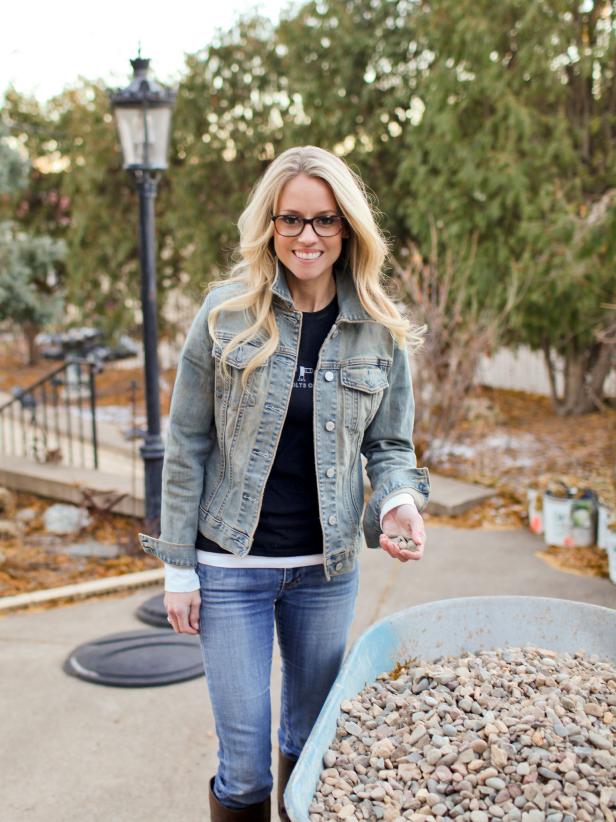The majority of rehab centers have actually a set "lights out" time, as peaceful sleep is vital to healing. While a lot of days at rehab will follow a similar schedule, there may be special activities or events throughout the week that will alter the schedule. For instance, special occasions may be held on household visitation days or a group of more skilled clients might take an off-site see for a specific type of therapy or activity.
For instance, customers might show up to treatment around 10 a.m. and start with an individual therapy session. After lunch, they might take part in group therapy followed by a complementary treatment. After that point, they return home for the day. In intensive outpatient treatment, clients will frequently satisfy a minimum of three days each week for several hours at a time.
Less extensive forms of outpatient treatment may just require a few hours of care each week. Because customers continue to live at house throughout outpatient treatment, a good part of therapy may be committed to dealing with temptations dealt with in the outdoors world. It's crucial that customers have a strong support group in the house and a substance-free house environment in order to flourish in outpatient dependency treatment.
Drug treatment is meant to assist addicted individuals stop compulsive drug seeking and use. Treatment can happen in a range of settings, take many various kinds, and last for various lengths of time. Since drug dependency is normally a persistent condition characterized by periodic regressions, a short-term, one-time treatment is usually not enough - how to start a drug rehab house.
What Do Drug Rehab Clincis Prescrive You For Anxiety And Depression? - The Facts
There are a range of evidence-based methods to treating addiction. Drug treatment can consist of behavioral therapy (such as cognitive-behavioral therapy or contingency management), medications, or their mix. The particular type of treatment or combination of treatments will differ depending upon the client's specific requirements and, often, on the kinds of drugs they use.
Disulfiram, acamprosate, and naltrexone are medications available for dealing with alcohol reliance,1 which frequently co-occurs with other drug dependencies, including addiction to prescription medications. Treatments for prescription substance abuse tend to be comparable to those for illegal drugs that affect the same brain systems (how to find a drug rehab program). For instance, buprenorphine, utilized to deal with heroin addiction, can likewise be used to deal with addiction to opioid pain medications.
Behavior modifications can help encourage people to get involved in drug treatment, deal techniques for managing drug cravings, teach ways to avoid drugs and avoid regression, and aid individuals handle regression if it takes place. Behavior modifications can also help individuals enhance interaction, relationship, and parenting skills, as well as family characteristics.
Group treatment can provide social reinforcement and assistance impose behavioral contingencies that promote abstaining and a non-drug-using lifestyle. Some of the more recognized behavioral treatments, such as contingency management and cognitive-behavioral therapy, are likewise being adjusted for group settings to improve performance and cost-effectiveness. Nevertheless, particularly in adolescents, there can likewise be a threat of unexpected hazardous (or iatrogenic) impacts of group treatmentsometimes group members (particularly groups of highly overdue youth) can strengthen drug use and thereby thwart the purpose of the treatment.
Drug Rehab In Florida Where The Stars Go - Truths
Because they deal with various elements of dependency, combinations of behavior modifications and medications (when readily available) typically seem more efficient than either approach utilized alone. Finally, people who are addicted to drugs often suffer from other health (e.g., depression, HIV), occupational, legal, familial, and social issues that should be resolved concurrently.
Psychedelic medications, such as antidepressants, anti-anxiety representatives, mood stabilizers, and antipsychotic medications, might be vital for treatment success when clients have co-occurring psychological conditions such as anxiety, anxiety conditions (consisting of post-traumatic tension condition), bipolar illness, or schizophrenia. In addition, many people with severe dependency abuse multiple drugs and need treatment for all drug abuse.
Drug Rehabilitation, or drug rehab, can be used to assist a person recover from dependencies, injuries, and even physical or mental disorders. However, drug rehab programs are often what come to mind when thinking about the word "rehabilitation" itself (how to involuntarily commit someone to drug rehab). People addicted to drugs often need the additional care and help that drug rehabilitation provides.
Before getting in a rehab facility, patients might need to undergo detox treatment. Detox is the procedure in which a client rids his or her body of the addicting compound. Drug rehabilitation treatment centers assist patients make positive changes in their lives by remedying maladaptive habits. Patients learn healthy coping skills, impulse control, psychological guideline abilities, and drug-refusal strategies that can help them prevent relapse in the long run.
The Greatest Guide To What Is The Purpose Of Drug And Alcohol Rehab?
There are many various kinds of drug rehab centers. Some concentrate on assisting clients with a specific drug addiction; others offer a wider series of drug dependency services. Some rehab centers are even gender- or age-specific, as this often assists patients feel more comfortable in the rehabilitation setting. Inpatient and outpatient rehabilitation facilities are likewise readily available.
However, this is untrue. Clients in rehab centers are complimentary to leave anytime they choose to. One reason for this is that drug rehabilitation can only be genuinely reliable when the patient has a desire to be there and to alter his or her addictive routines. That being said, in instances where individuals are obliged to go to rehabsuch as via a court orderthe rehabilitation process Website link can still be reliable, even if they were at first unwilling to go.
The type of center a patient attends depends upon his/her spending plan and level of insurance protection. While high-end centers use more features than standard facilities, they are not always the very best treatment centers. Patients need to investigate a rehab center prior to making a decision. Prior to getting in a rehabilitation center, patients may have to go through detox treatment.
From start to complete, this procedure varies in length, however often takes about a week. As part of a medical detox program, recuperating patients will be monitored by medical professionals and nurses and offered medications to manage withdrawal, when appropriate. Once a client completes detox, he or she is ready for rehabilitation.

How To Find A Drug Rehab Things To Know Before You Get This
This evaluation will take into consideration self-reports of substance abuse, medical records, urine screening, blood screening, and more. The person will gather as much information as possible relating to:1 Patterns of drug or alcoholic abuse. Case history. Psychological status. Physical issues or conditions. Crucial signs, such as blood pressure. Previous detox or rehabilitation experiences.

Violence or suicide risk. Cognitive, sensory, or physical impairments. The person carrying out the evaluation will utilize this details to help produce a personalized treatment strategy customized to suit your needs. This treatment plan might involve:2 Individual treatment, such as http://caidenffgw531.theburnward.com/h1-style-clear-both-id-content-section-0-getting-the-what-is-drug-rehab-like-to-work-h1 cognitive-behavioral treatment (CBT) or contingency management. Group counseling. Peer support conferences, such as Twelve Step Programs (AA) or Narcotics Anonymous (NA).
Extra services or activities, such as yoga, exercise and dietary therapy, meditation and mindfulness, acupuncture, or health club treatment. Medication management, if relevant. Regression avoidance education. Aftercare preparation. Private treatment will assist you discover to recognize triggers and handle them. The therapists may likewise assist you to enhance your emotional guideline skills in order to much better prevent regression.